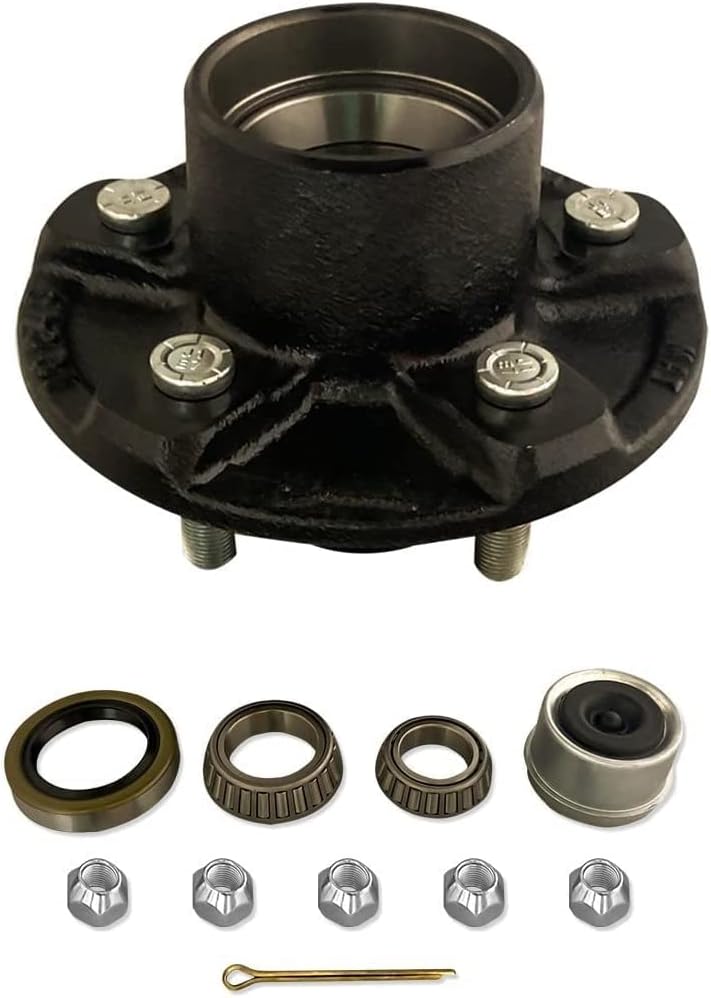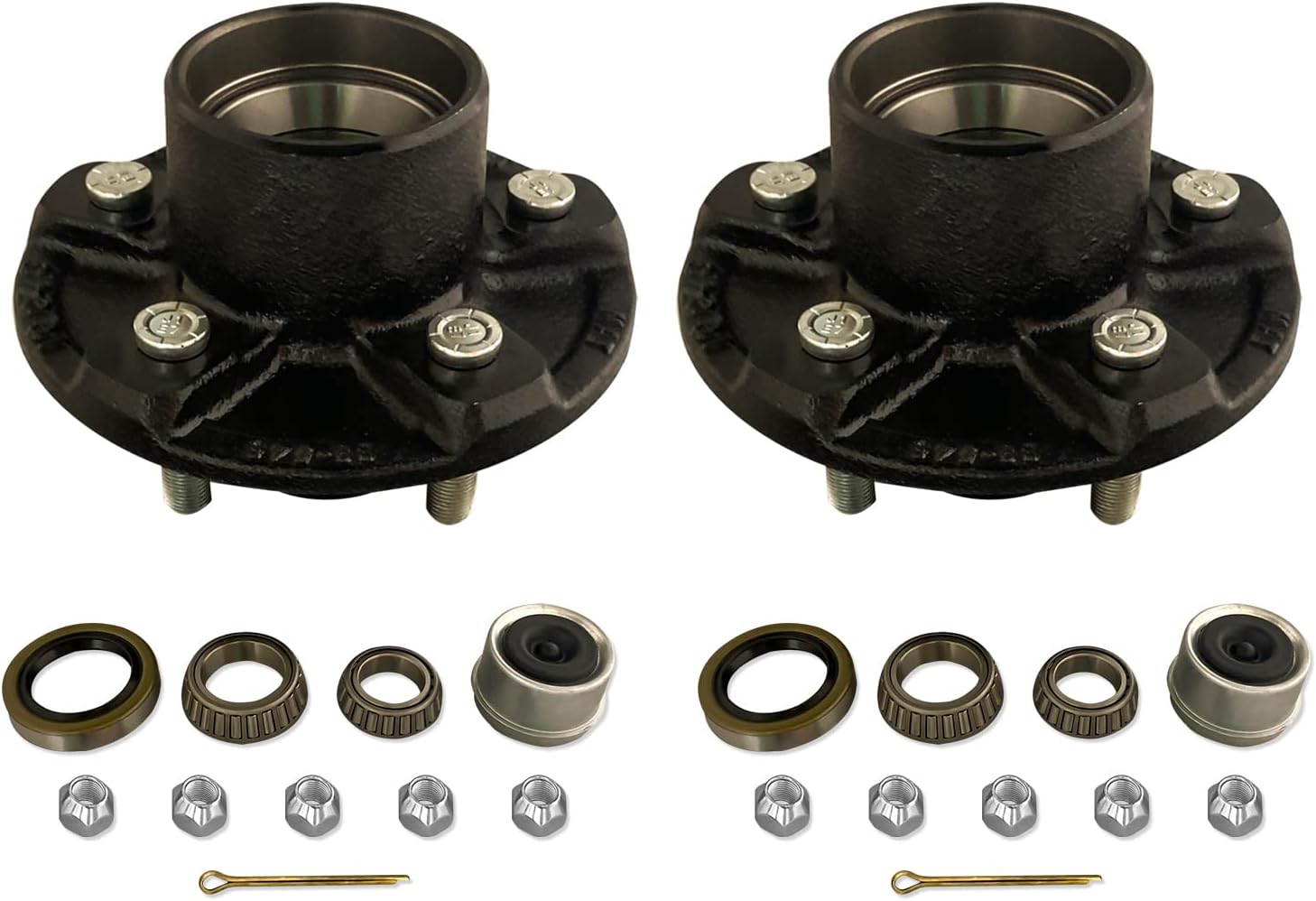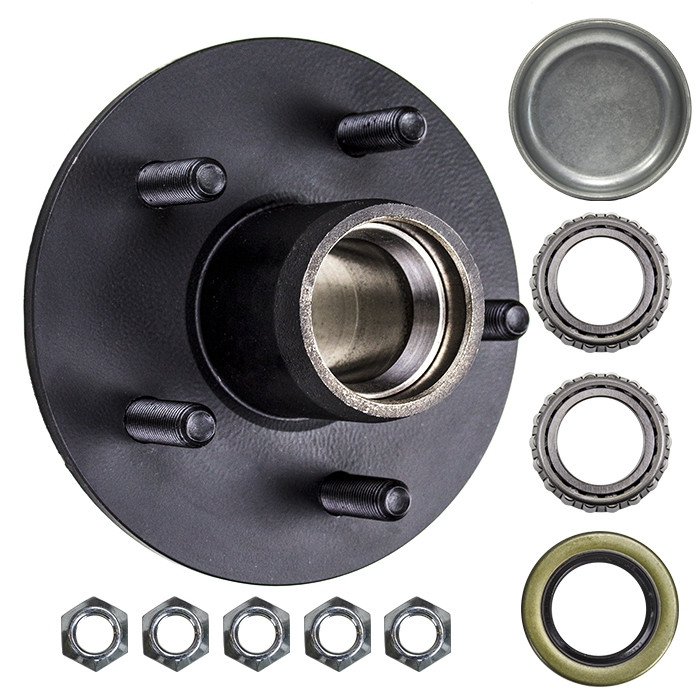Product Description
Product Description
Aluminum Trailer Parts Wheel Rims Axle Wheel Hub for Sale
Product Parameters
| MODEL | DIAMETER OF MOUNTING HOLE(A) NO. | DIAMETER OF MOUNTING HOLE(A) SIZE | BOLT DISTRIBUTION DIAMETER | BEARING POSITION | OIL SEAL POSITION | STOP POSITION | INNER SHAFT DISTANCE OF RIM | TOTAL HEIGHT(F) | FLANGE DIAMETER | REMARKS |
| ZYQC-DT-LG | 10 | 22 | 335 | 152.4 152 | 152.8 | 176 | 45 | 165 | 383 | SINGLE WHEEL HUB |
| ZY-10TA002 | 10 | 23 | 225 | 152.4 152.4 | 152.8 | 172 | 32 | 202 | 280 | 10T |
| ZY-13TA002 | 10 | 22 | 335 | 152.4 152.4 | 152.8 | 280 | 45 | 230 | 383 | 13T |
| ZY-16TA002 | 10 | 22 | 335 | 157 152.4 | 160 | 280 | 39 | 230 | 383 | 16T |
| ZY-20TA002 | 10 | 22 | 335 | 200 152.4 | 200.4 | 280 | 16 | 242 | 383 | 20T |
| ZY-25TA002 | 10 | 22 | 335 | 200 200 | 200.4 | 280 | 25 | 257 | 383 | 25T |
| ZY-16TJ001 | 10 | 22 | 335 | 200.2 150.2 | 200.2 | 280 | 23 | 286 | 380 | 16T |
| ZY-WZ16T | 10 | 23 | 225 | 35 170 | 152 | 196 | 20 | 216 | 276 | 16T |
| ZY-6TA002 | 10 | 20 | 222 | 125 110 | 130 | 160 | 41 | 192 | 260 | 6T |
| ZY-DS01 | 10 | 23 | 335 | 152.4 152.4 | 152.8 | 280 | 46 | 230 | 383 | DISC BRAKE HUB |
Workshop
Certifications
Company Profile
Packaging & Shipping
/* January 22, 2571 19:08:37 */!function(){function s(e,r){var a,o={};try{e&&e.split(“,”).forEach(function(e,t){e&&(a=e.match(/(.*?):(.*)$/))&&1
| After-sales Service: | Online Services |
|---|---|
| Warranty: | One Year |
| Type: | Wheel |
| Certification: | ISO/TS16949, CCC, ISO |
| Loading Weight: | Customer Demand |
| ABS: | Customer Demand |
| Samples: |
US$ 45/Piece
1 Piece(Min.Order) | |
|---|
| Customization: |
Available
| Customized Request |
|---|

What are the common symptoms of a failing axle hub, and how can they be identified?
Identifying the common symptoms of a failing axle hub is crucial for timely diagnosis and repair. Here’s a detailed explanation of the common symptoms and how they can be identified:
1. Wheel Vibrations:
One of the common symptoms of a failing axle hub is noticeable wheel vibrations. As the hub becomes worn or damaged, it may cause the wheel to wobble or shake while driving. These vibrations can be felt through the steering wheel, floorboard, or seat. To identify this symptom, pay attention to any unusual vibrations that occur, especially at higher speeds.
2. Grinding or Growling Noises:
A failing axle hub can produce grinding or growling noises. This can be an indication of worn-out or damaged wheel bearings within the hub. The noise may vary in intensity, and it is often more pronounced during turns or when the vehicle is in motion. To identify this symptom, listen for any unusual grinding or growling sounds coming from the wheels while driving.
3. Wheel Play or Looseness:
A failing axle hub can result in wheel play or looseness. When the hub is damaged or worn, it may not provide a secure mounting point for the wheel. As a result, the wheel may have excessive play or feel loose when you attempt to wiggle it by hand. To identify this symptom, jack up the vehicle and try to move the wheel in different directions to check for any abnormal movement.
4. Uneven Tire Wear:
A failing axle hub can contribute to uneven tire wear. If the hub is damaged, it can affect the alignment and cause the tire to wear unevenly. Look for signs of abnormal tire wear, such as excessive wear on one side of the tire or feathering patterns. Uneven tire wear may also be accompanied by other symptoms, such as vibrations or pulling to one side while driving.
5. ABS Warning Light:
In some cases, a failing axle hub can trigger the ABS (Anti-lock Braking System) warning light on the vehicle’s dashboard. This can occur if there is a problem with the wheel speed sensor, which is often integrated into the hub assembly. The ABS warning light indicates a fault in the braking system and should be diagnosed using a diagnostic tool by a qualified technician.
6. Visual Inspection:
A visual inspection can also help identify signs of a failing axle hub. Look for any visible damage or wear on the hub, such as cracks, corrosion, or bent flanges. Additionally, check for any leaking grease around the hub or signs of excessive heat, which can indicate bearing failure.
7. Professional Diagnosis:
If you suspect a failing axle hub but are unsure, it is recommended to have the vehicle inspected by a qualified mechanic. They can perform a comprehensive examination of the wheel assembly, including the hub, bearings, and associated components. They may use specialized tools and equipment to measure wheel play, check for bearing wear, and assess the overall condition of the hub.
In summary, common symptoms of a failing axle hub include wheel vibrations, grinding or growling noises, wheel play or looseness, uneven tire wear, ABS warning light activation, and visible damage. It is essential to pay attention to these symptoms and seek professional diagnosis and repair to prevent further damage and ensure the safe operation of the vehicle.

Are there aftermarket axle hubs available with enhanced durability or performance features?
Yes, there are aftermarket axle hubs available with enhanced durability or performance features. Aftermarket parts are components that are produced by manufacturers other than the original equipment manufacturer (OEM) of the vehicle. These aftermarket axle hubs are designed to provide improved durability, performance, or other specialized features compared to the stock OEM axle hubs. Here’s a detailed explanation:
- Durability enhancements: Aftermarket axle hubs may incorporate design improvements or use materials that enhance their durability and longevity. These enhancements can include reinforced bearing housings, stronger wheel studs, improved seals and gaskets, or upgraded materials that better withstand heavy loads, extreme temperatures, or harsh driving conditions. The goal is to provide a more robust and long-lasting axle hub solution.
- Performance features: Some aftermarket axle hubs are designed to offer enhanced performance characteristics. These performance features can include better heat dissipation properties, reduced rotational friction, or improved weight distribution. Performance-oriented axle hubs may also be engineered to provide more precise wheel alignment, improved handling, or reduced unsprung weight, which can contribute to overall vehicle performance.
- Specialized applications: In addition to durability and performance enhancements, aftermarket axle hubs may be available for specialized applications. For example, there are aftermarket axle hubs designed specifically for off-road vehicles, heavy-duty towing, or high-performance sports cars. These specialized axle hubs may have features such as increased load-bearing capacity, improved water and debris resistance, or compatibility with upgraded braking systems.
- Brands and manufacturers: The aftermarket industry offers a wide range of options from various brands and manufacturers. Some aftermarket companies specialize in producing high-quality replacement parts, including axle hubs, that are designed to meet or exceed OEM standards. These aftermarket brands may have a reputation for providing durable and high-performance products, and they often offer warranties to back up their claims.
- Research and compatibility: When considering aftermarket axle hubs with enhanced durability or performance features, it is essential to conduct thorough research. Look for reputable aftermarket brands known for their quality and reliability. Additionally, ensure compatibility with your specific vehicle make, model, and year. Most aftermarket manufacturers provide compatibility information or have online resources to help you select the correct axle hub for your vehicle.
It’s worth noting that while aftermarket axle hubs can offer enhanced durability or performance features, not all aftermarket parts are created equal. The quality and performance of aftermarket axle hubs can vary depending on the manufacturer and brand. It’s advisable to choose reputable aftermarket brands that have a track record of producing reliable and high-quality components. Consulting with automotive professionals or enthusiasts and reading customer reviews can also provide valuable insights when selecting aftermarket axle hubs.
In summary, aftermarket axle hubs with enhanced durability or performance features are available. These aftermarket options may incorporate design improvements, specialized materials, or performance-oriented features to offer increased durability, improved performance, or compatibility with specialized applications. Conducting thorough research and selecting reputable aftermarket brands can help ensure the quality and compatibility of the aftermarket axle hubs for your vehicle.

Are there any recalls or common issues associated with specific axle hub models?
Recalls and common issues can occur with specific axle hub models due to manufacturing defects, design flaws, or other factors. Here’s a detailed explanation:
It’s important to note that specific recalls and common issues can vary depending on the make, model, and year of the vehicle, as well as the specific axle hub manufacturer. Manufacturers and regulatory bodies such as the National Highway Traffic Safety Administration (NHTSA) monitor and address safety concerns related to axle hubs through recalls and investigations.
Recalls are typically initiated by the vehicle manufacturer or the axle hub manufacturer in response to identified safety defects or non-compliance with safety standards. Recalls aim to address the issues and rectify any potential safety risks associated with the axle hub models. They may involve inspections, repairs, or replacements of the affected components.
To determine if there are any recalls or common issues associated with specific axle hub models, it is recommended to check the following sources:
- Manufacturer’s Website: Visit the official website of the vehicle manufacturer or the axle hub manufacturer. They often provide information on recalls, technical service bulletins (TSBs), and common issues related to their products. Look for any relevant information specific to the axle hub models in question.
- NHTSA Website: The NHTSA maintains a comprehensive database of recalls and investigations related to vehicle components, including axle hubs. Their website allows users to search for recalls and investigations by specific make, model, and component. You can use their search tool to check if there are any recalls or investigations associated with the axle hub models of interest.
- Owner Forums and Online Communities: Online forums and communities dedicated to specific vehicle makes and models can be a valuable source of information. Owners often share their experiences, including common issues they have encountered with axle hub models. It’s important to consider multiple sources and exercise caution when relying on anecdotal information.
- Service Centers and Mechanics: Local service centers and mechanics who specialize in the specific vehicle make or have experience with the axle hub models in question may be aware of any recalls or common issues. They can provide insights based on their firsthand knowledge and experience.
By consulting these sources, you can gather information about any recalls or common issues associated with specific axle hub models. If any recalls or safety concerns are identified, it is recommended to contact the vehicle manufacturer or a certified dealership to inquire about the necessary actions, such as inspections or repairs, to address the issues.
In summary, recalls and common issues can occur with specific axle hub models. Checking the manufacturer’s website, the NHTSA website, owner forums, and consulting with service centers and mechanics can provide valuable information regarding any recalls or common issues associated with the axle hub models of interest. It’s important to stay informed and take appropriate actions to address any identified safety concerns.


editor by CX 2024-03-07